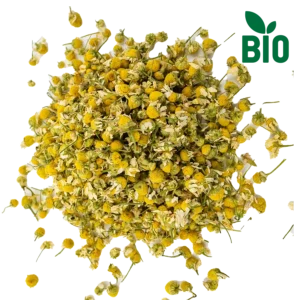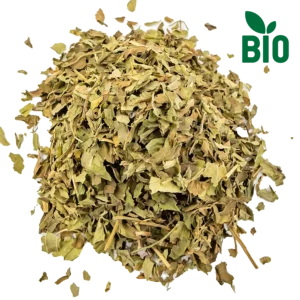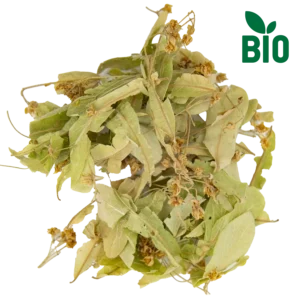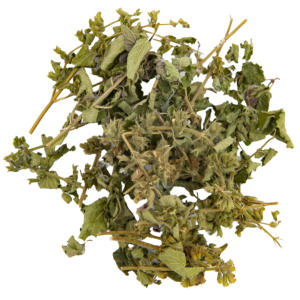More and more parents are looking for natural solutions for the health and well-being of their children. Herbal teas are a popular choice as they offer calming, stress relief and digestion support. However, it is important to know which herbs are safe for children and in what doses they should be given.
In this article, we will look at four herbs that are traditionally considered suitable for consumption by children.

Chamomile is one of the most well-known herbs with soothing properties. It is particularly useful for relieving colic, insomnia and digestive discomfort. Its mild anti-inflammatory properties make it a safe choice even for babies and young children. In case your child is experiencing sleep problems or digestive issues, a cup of chamomile can provide relief.

Peppermint is known to relieve digestive discomfort and pains in the abdomen. It can also help with sore throat, making it useful during cold season. Although it is safe for children, it should be given in small amounts, as excessive consumption can cause allergic reactions in some organisms.

Linden has mild calming properties, making it ideal for relaxation and improving sleep. In addition, it can relieve the symptoms of colds and coughs. Its use is safe for children, but the correct dosage must be observed.

Lemon balm is known for its calming and relaxing properties. It helps reduce stress and promotes better sleep. It also has antiviral and antibacterial properties, strengthening the immune system. Lemon balm is considered safe for children, especially in tea form, and its pleasant taste makes it popular among our little ones.

Making herbal teas at home is an easy and enjoyable way to offer your children natural, soothing drinks. Here are some basic guidelines to make sure the tea you brew is safe and effective.
Ingredients and Materials
To make one cup of herbal tea, you will need:




* Dosage instructions
The dosing of herbal teas to children should be done with caution and according to their age:
In addition to herbal teas, herbs can be used in other ways for the health and well-being of children. Here are some ideas for alternative uses of herbs at home.
Herbs for Diaper rash and Relief of Sensitive Areas. Read this article!
Applications Besides Tea
Suggestions for Simple Homemade Recipes
These practical applications give parents more options for using herbs in their children’s daily lives, offering natural support for various health conditions.
Conclusion
Herbal teas are a natural and safe option for supporting children’s health when used properly. It is important to always consult your pediatrician before introducing new herbal teas into your children’s diet to ensure their safety and well-being.
Subscribe to our newsletter to stay informed about herbs, recipes, exclusive offers, and receive a 15% discount on your first order!

Ευχαριστούμε πολύ τα παρακάτω websites για τη συνδρομή τους σε επιπρόσθετο, ελεύθερο φωτογραφικό υλικό (free stock) που χρησιμοποιείται στην ιστοσελίδα μας:
Pixabay.com
Pexels.com
Unsplash.com
Freepik.com
Canva.com
Adobe.com
Σταύρος Δεβεράκης (Φωτογράφος)
Many thanks to the following websites for their subscription to additional, free stock photography used on our website:
Pixabay.com
Pexels.com
Unsplash.com
Freepik.com
Canva.com
Adobe.com
Stavros Deverakis (Photographer)